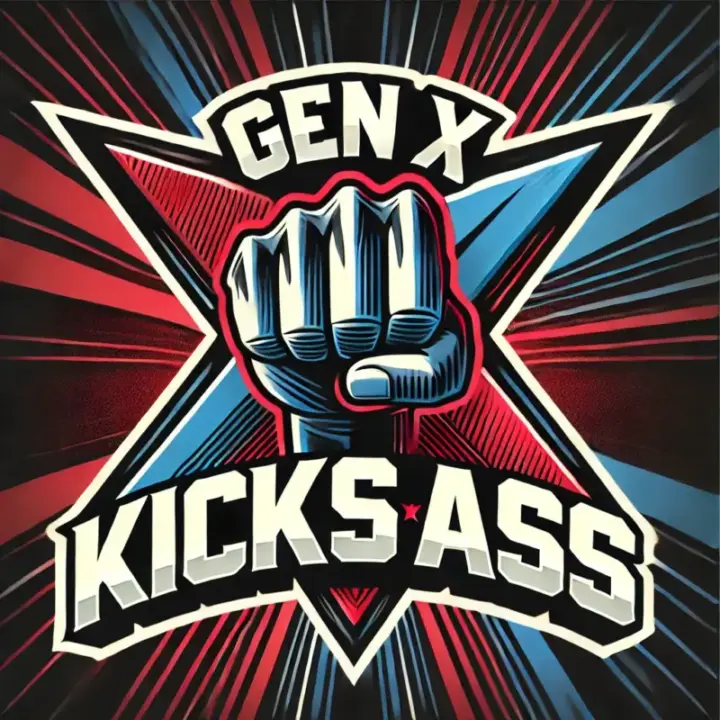Why Albertsons Struggles to Compete
Albertsons, one of the largest grocery chains in the U.S., has faced setback after setback. From failed mergers to financial instability, the company has struggled to stay competitive in an industry dominated by retail giants like Walmart, Costco, and Amazon’s Whole Foods.
The latest blow came when its proposed $24.6 billion merger with Kroger was blocked by regulators. Instead of creating a stronger competitor, the deal raised concerns about reduced competition, higher prices, and job losses. This is just the latest in a long history of failed strategies and corporate missteps that have left Albertsons fighting to stay afloat.
A History of Corporate Mismanagement
Albertsons’ struggles date back to 2006, when Cerberus Capital Management led a private equity acquisition that prioritized short-term financial gains over long-term stability. Under private ownership, Albertsons made aggressive expansion moves, acquiring Safeway in 2015 and later going public.
Despite these efforts, its stock structure remained tilted in favor of private equity owners, limiting the influence of everyday investors. This created a cycle where financial restructuring took priority over improving the company’s competitive edge. Meanwhile, rivals like Kroger, Target, and online grocery services rapidly evolved, leaving Albertsons lagging behind.
A Unique Approach to Grocery Delivery
As a former Safeway home delivery driver in Illinois—where Albertsons operates under the Jewel-Osco brand—I saw firsthand how the company approached grocery delivery differently from its competitors.
Unlike chains that outsource deliveries to Instacart or DoorDash, Albertsons chose to own and operate its own fleet of refrigerated trucks. This allowed for higher service quality and reliability but also added significant operational costs that made it harder to compete in the price-driven grocery business. While this strategy aimed to build customer loyalty, it didn’t translate into a clear competitive advantage.
Why the Kroger Merger Failed
Albertsons viewed its proposed merger with Kroger as a solution to its financial and operational challenges. By combining resources, both companies could have cut costs and streamlined logistics. However, the deal was met with strong resistance from regulators.
Federal and state authorities blocked the merger, citing concerns about:
- Reduced competition, which could lead to fewer choices for consumers.
- Potential price hikes as the merged company would dominate many regional markets.
- Store closures and layoffs that would impact thousands of grocery workers.
Instead of fostering a stronger grocery competitor, the deal was seen as a desperate move to survive in an increasingly difficult market.
The Bigger Picture: Albertsons and the Future of Grocery Retail
Albertsons’ struggles reflect broader challenges in the grocery industry. Traditional supermarkets are losing ground as e-commerce, digital grocery shopping, and price-driven consumer habits reshape the market.
Several key obstacles stand in the company’s way:
- E-commerce competition is growing, with Amazon Fresh and Walmart+ taking market share.
- Operational costs remain high due to past financial decisions and corporate debt.
- Brand loyalty is weak, especially compared to stores like Trader Joe’s and Costco that have strong, dedicated customer bases.
Can Albertsons Ever Turn Things Around?
Decades of financial maneuvering and failed acquisitions have kept Albertsons in a cycle of survival rather than growth. The company has focused more on mergers and corporate restructuring than on meaningful innovations that would give it an edge over competitors.
Without a major shift in strategy, Albertsons will continue to struggle against the forces reshaping the grocery industry. For now, it remains the grocery chain that just can’t win.
